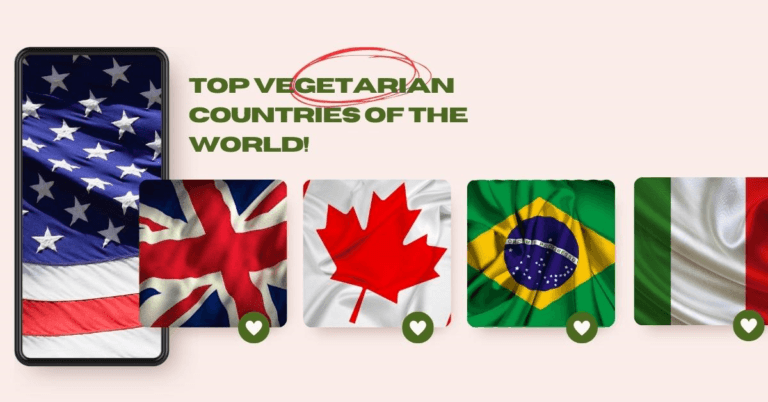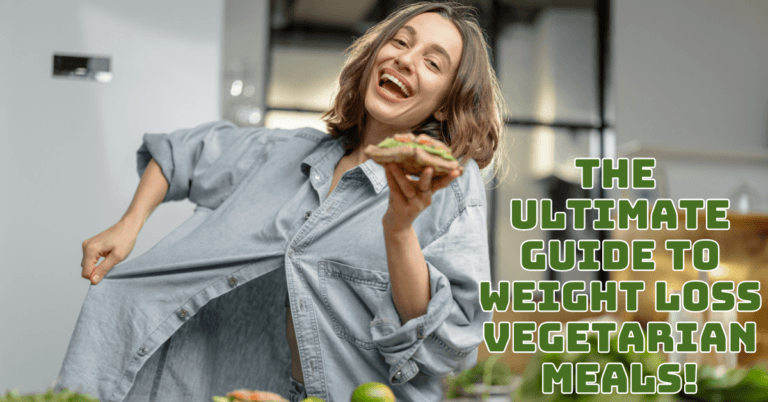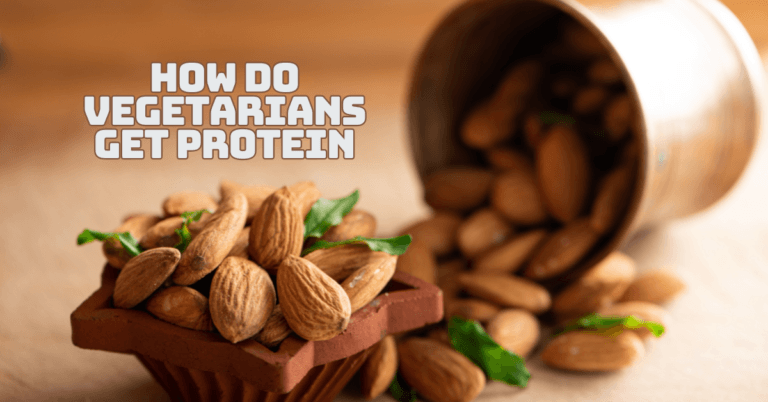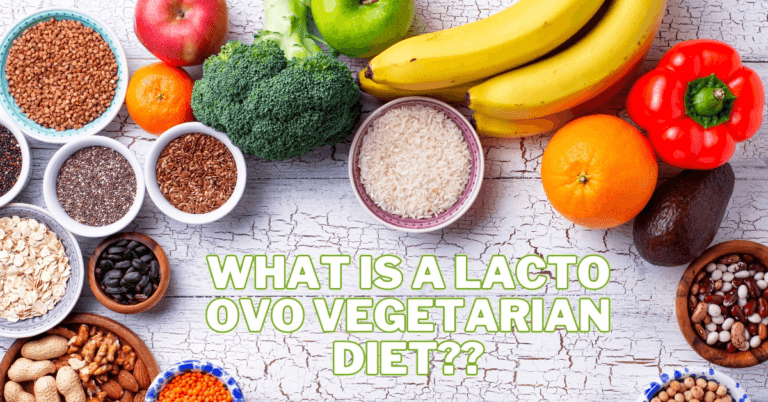Understanding The Different Types Of Vegetarian Diets
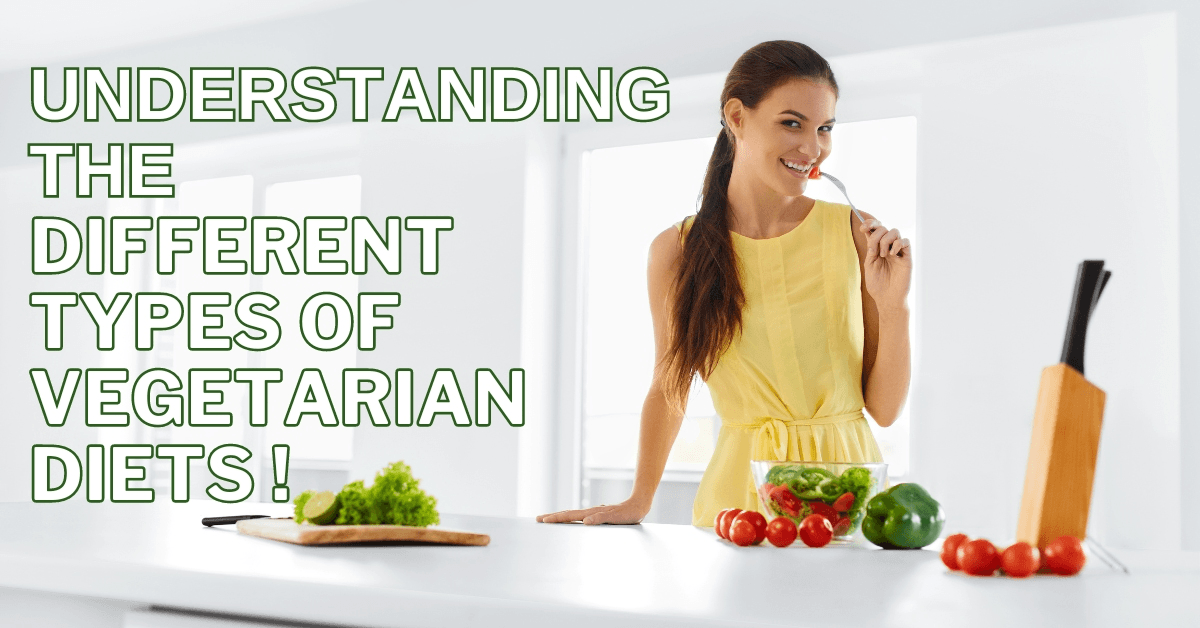
Understanding The Different Types Of Vegetarian Diets
Understanding the different types of vegetarian diets is essential in navigating dietary choices and lifestyles.
From lacto-vegetarianism to veganism, each diet encompasses distinct choices in food consumption and ideological foundations.
Investigating the intricacies of these nutritional patterns sheds light on their health ramifications, ethical principles, and ecological footprints, empowering individuals to make educated choices about their dietary behaviours.
This article will explore various vegetarian diets and offer guidance on choosing a vegetarian diet.
Understanding the nuances of vegetarian diets facilitates informed decision-making, fostering a deeper appreciation for the interconnectedness between dietary choices and personal well-being, ethical considerations, and environmental sustainability.
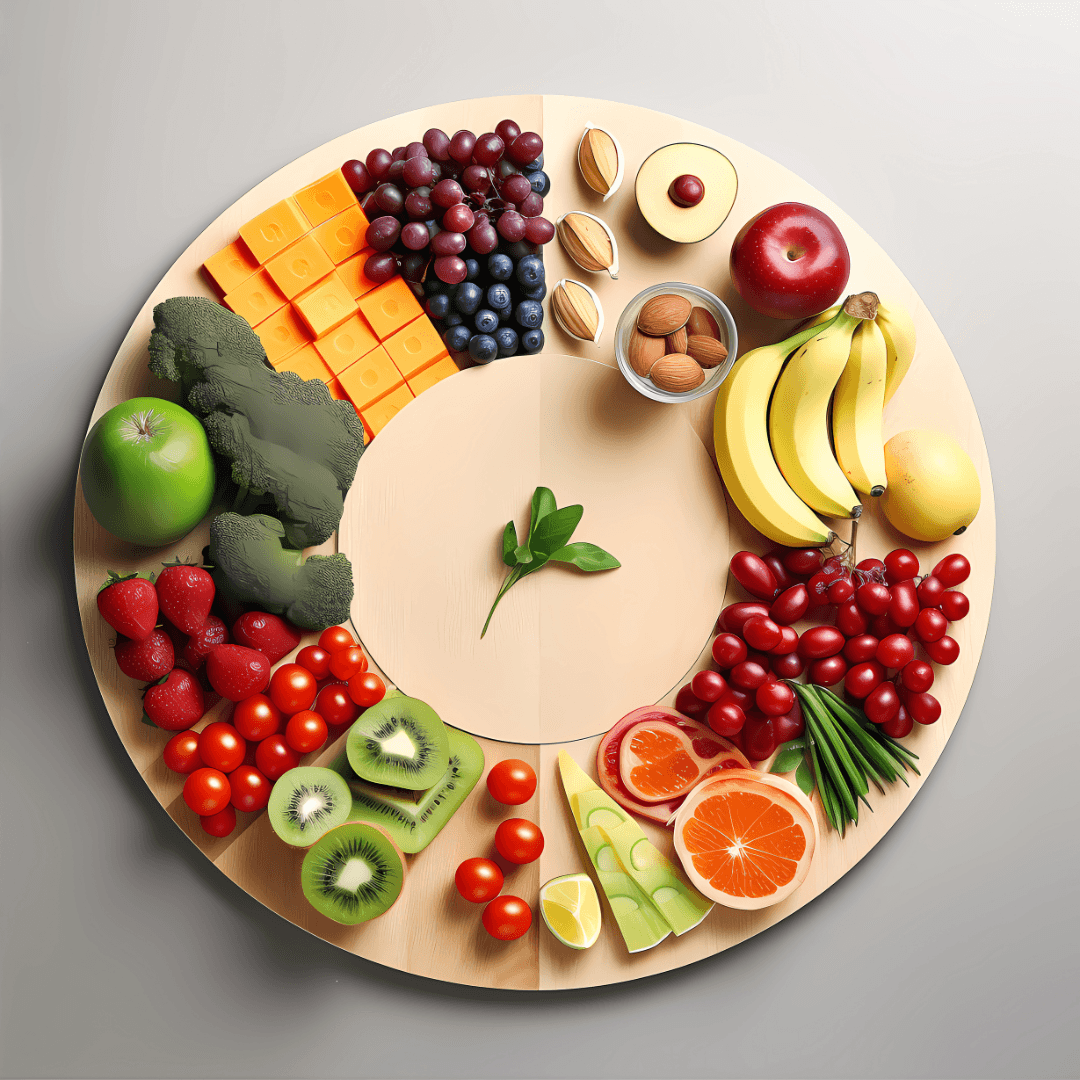
What Is A Vegetarian Diet?
A vegetarian diet consists of cutting out meat, chicken, fish, and food made from the slaughter of animals, including fat or gelatin.
Rather, the main emphasis is on eating plant-based foods, such as grains, legumes, fruits, vegetables, nuts, seeds, and dairy products (in certain forms).
There is a wide range of vegetarianism, with several subtypes based on personal tastes and the amount of animal products avoided. Here are examples of common vegetarian diets.
- Lacto-vegetarianism, which allows dairy products but forbids eggs and meat
- Ovo-vegetarianism, which will enable eggs but forbids dairy products and meat
- Lacto-ovo vegetarianism, which allows both dairy and eggs but forbids meat
- Veganism, which bans all animal products, including dairy, eggs, and occasionally honey
Many choose vegetarian diets for ethical, cultural, environmental, or health-related reasons.
Numerous health benefits, including lowered risks of heart disease, hypertension, type 2 diabetes, some malignancies, and obesity, have been linked to well-planned vegetarian diets, according to research.
Vegetarian diets also tend to be high in fiber, antioxidants, vitamins, and minerals, all supporting general health.
Because vegetarian diets utilize fewer natural resources and emit fewer greenhouse gases than diets high in animal products, they have a lower carbon footprint than diets rich in animal goods.
Ethically, a lot of people become vegetarians to limit their contribution to animal suffering in the food industry and to match their dietary choices with the beliefs of non-violence towards animals.
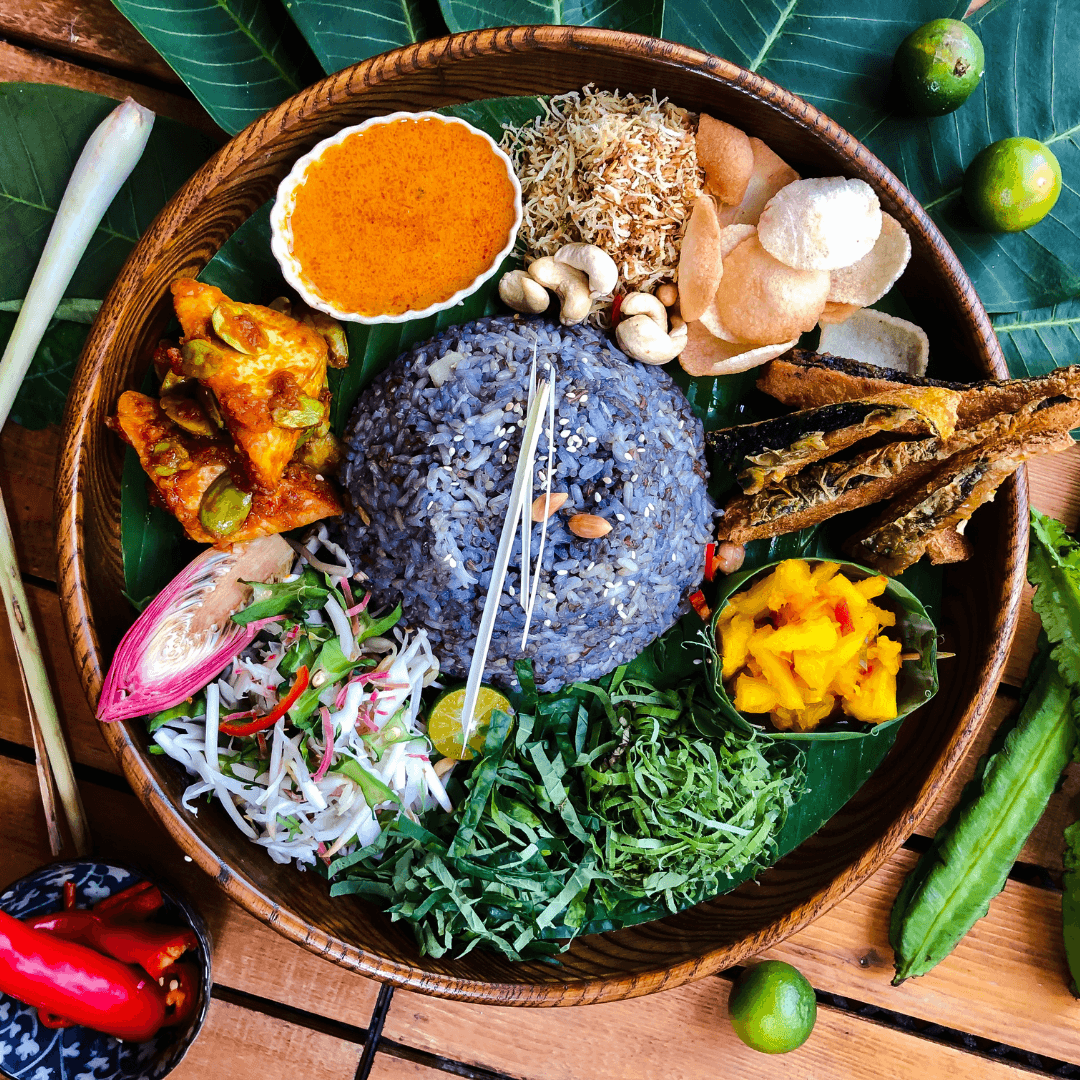
Different Types Of Vegetarian Diets
Various types of vegetarian diets cater to different dietary preferences, ethical considerations, and health goals.
While some prioritize health or ethical concerns, others may focus on environmental sustainability or cultural beliefs. Understanding the nuances of each type can help individuals make informed dietary choices.
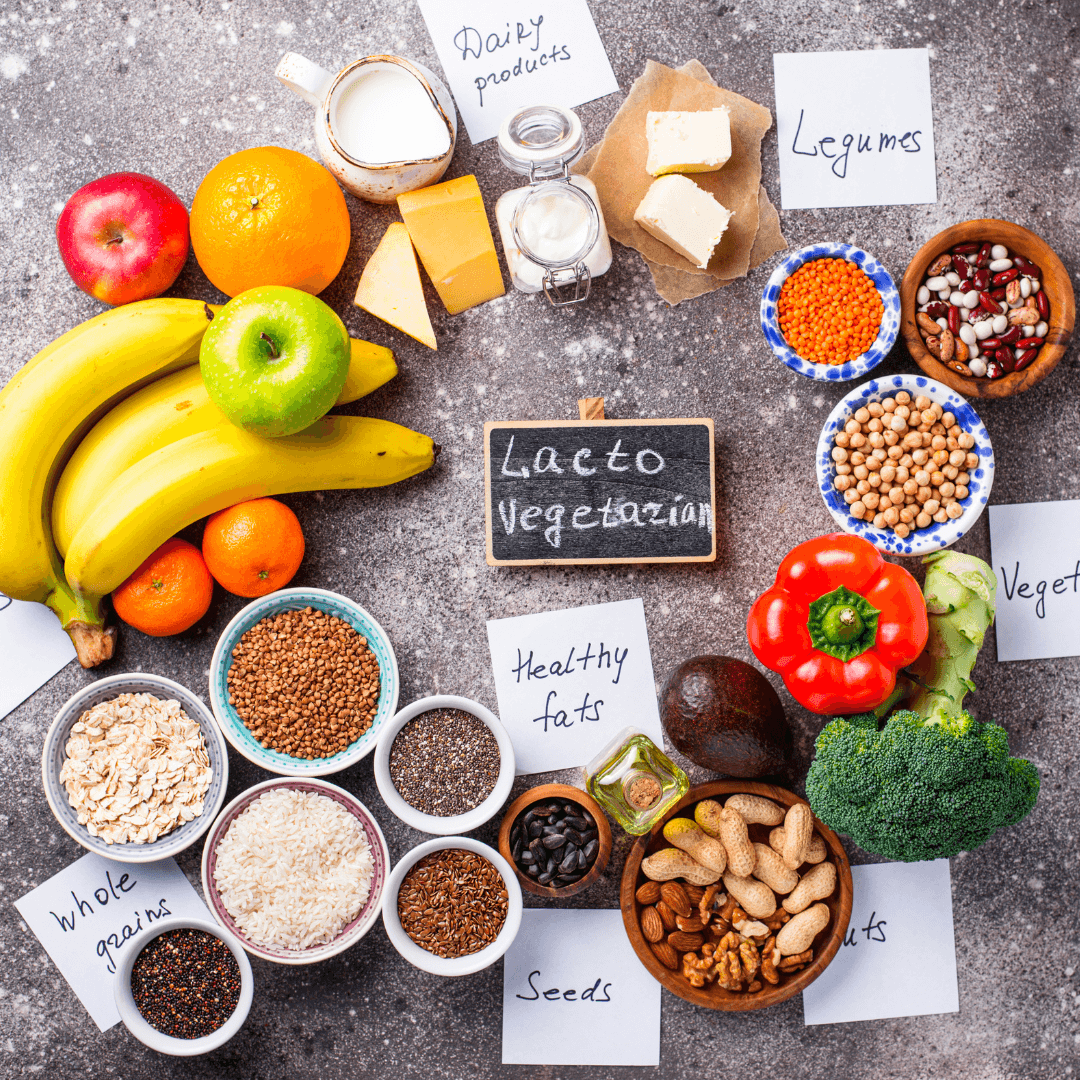
1. Lacto-Vegetarianism
Lacto-vegetarianism is a dietary choice that excludes meat, poultry, seafood, and eggs while permitting the consumption of dairy products.
This diet focuses on plant-based foods supplemented by dairy-derived protein sources and essential nutrients.
By incorporating milk, cheese, yogurt, and other dairy-based foods into their meals, lacto-vegetarians ensure a diverse and well-rounded diet enriched with calcium, vitamin D, and other vital nutrients commonly found in dairy products.
This dietary pattern resonates with individuals who prioritize animal welfare and environmental sustainability, as it avoids the consumption of animal flesh while still allowing for the consumption of dairy.
Lacto-vegetarianism offers a flexible and nutritious dietary approach that supports overall health and well-being while accommodating personal nutritional preferences and ethical considerations by emphasizing plant-based foods while including dairy products for essential nutrients.

2. Ovo-Vegetarianism
Ovo-vegetarianism, akin to lacto-vegetarianism, excludes meat, poultry, seafood, and dairy products while permitting the consumption of eggs.
This dietary approach relies on eggs as a primary source of protein while refraining from other animal-derived foods.
By including eggs in their diet, ovo-vegetarians ensure a sufficient intake of essential nutrients, particularly protein, while adhering to a plant-based lifestyle.
This dietary pattern resonates with individuals seeking a balanced and nutritious diet that aligns with ethical and environmental concerns, as it avoids animal flesh and dairy products while still incorporating eggs.
Ovo-vegetarianism offers a flexible and viable dietary option supporting overall health and well-being while accommodating personal preferences and beliefs.
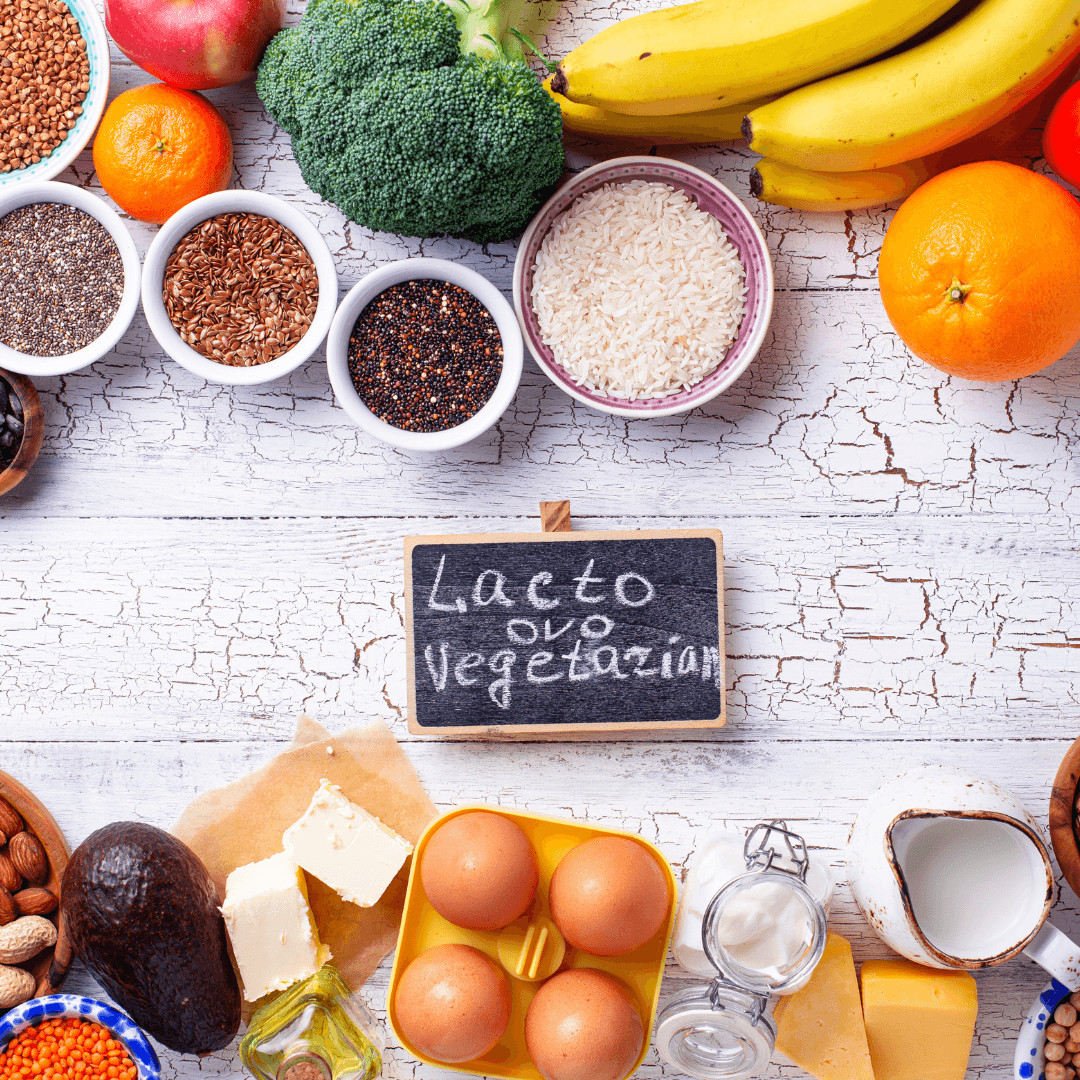
3. Lacto-Ovo Vegetarianism
Lacto-ovo vegetarianism, the predominant variant of vegetarianism, revolves around a plant-based dietary regimen supplemented with dairy products and eggs.
They avoid eating meat, chicken, and fish and instead eat a wide range of plant-based foods, including fruits, vegetables, grains, legumes, nuts, seeds, and soy products.
They also eat eggs and dairy products, such as cheese and yogurt. This dietary approach balances ethical considerations and environmental sustainability associated with meat consumption while incorporating dairy and eggs to ensure a comprehensive intake of essential nutrients.
Lacto-ovo vegetarianism thus offers a versatile and inclusive dietary option that accommodates various health and ethical preferences.
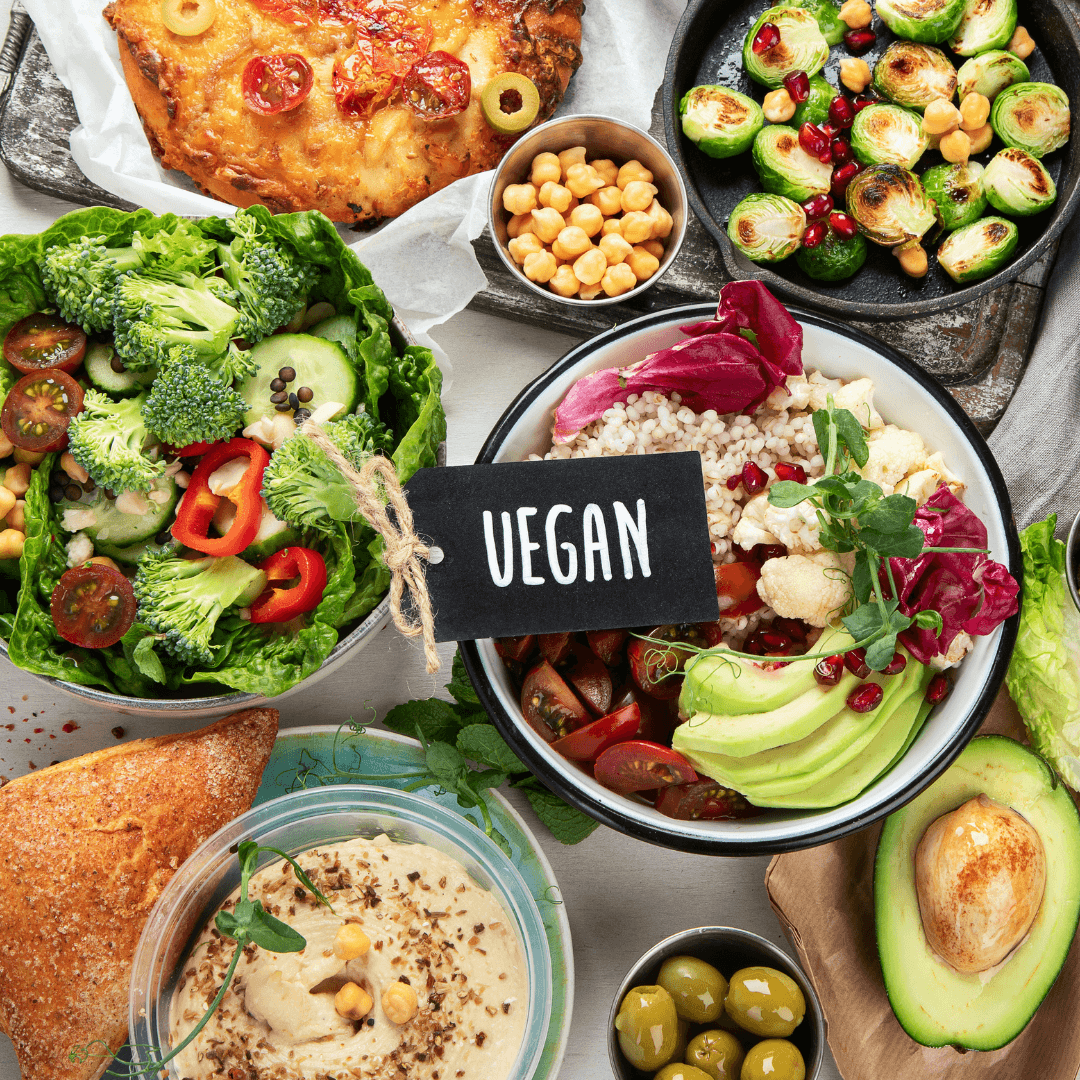
4. Veganism
Veganism is a stringent plant-based dietary regimen that eliminates all animal products, encompassing meat, poultry, seafood, dairy, eggs, and occasionally honey.
This dietary philosophy is centred on the consumption of plant-derived foods exclusively, including fruits, vegetables, grains, legumes, nuts, and seeds, to eschew any form of animal exploitation.
Veganism extends beyond dietary choices, often encompassing a lifestyle that rejects animal-derived products in clothing, cosmetics, and other commodities.
Vegans are motivated by moral principles; they want to reduce their impact on the environment and animals as much as possible while fostering compassion and sustainability.
Vegans put their health first and support the larger movement towards a more moral and ecologically conscious society by living a vegan diet.
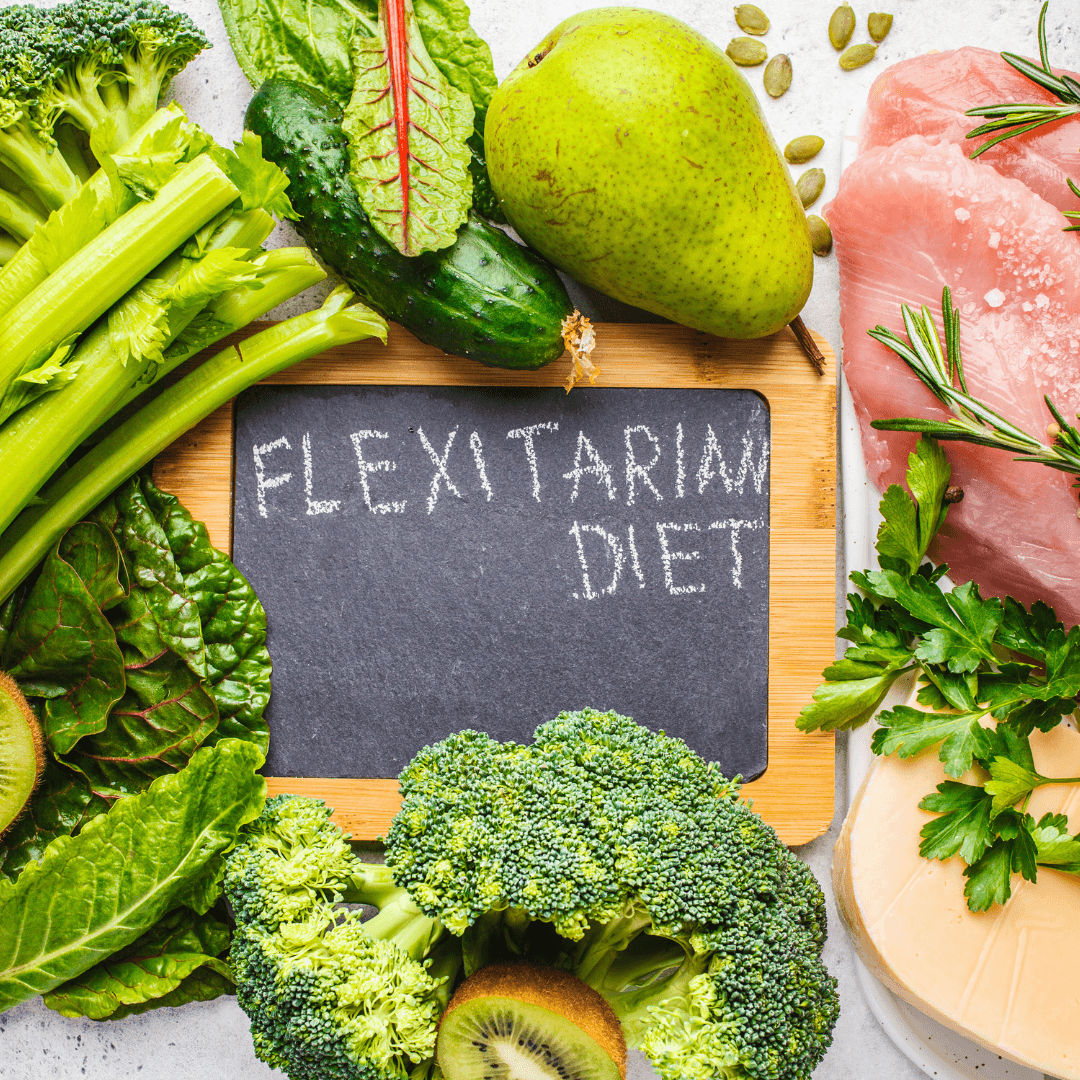
5. Flexitarianism
Flexitarianism represents a versatile approach to vegetarianism, emphasizing predominantly plant-based foods while permitting occasional consumption of meat, poultry, or seafood.
This dietary philosophy promotes a flexible vegetarian diet, where individuals prioritize plant-derived foods but may occasionally incorporate animal products influenced by personal preferences or social circumstances.
Flexitarians aim to balance the health, environmental, and ethical benefits of plant-based eating while acknowledging the practicalities and social dynamics that may necessitate the occasional inclusion of animal products.
This flexible approach to vegetarianism allows individuals to enjoy the health benefits of plant-based diets while maintaining dietary flexibility and enjoyment, making it an accessible and sustainable nutritional choice for many.
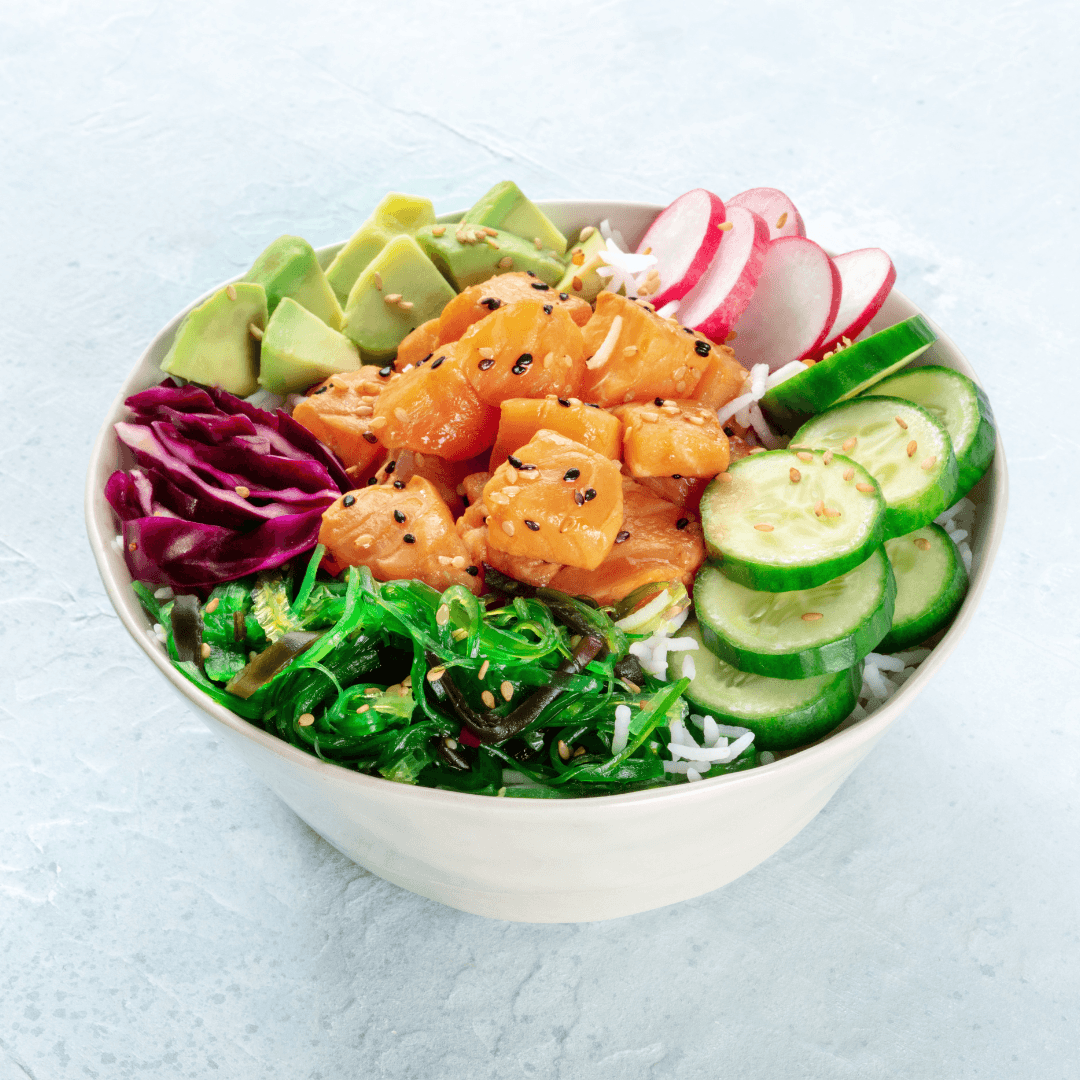
6. Pescatarianism
Pescatarianism is a dietary choice that excludes meat and poultry while permitting fish and seafood consumption.
Although it abstains from land animal flesh, it incorporates aquatic animal products as protein and nutritional sources.
Because seafood is high in omega-3 fatty acids and other nutrients and is readily available in fish and shellfish, pescatarians consider seafood to be the primary source of protein.
This dietary pattern offers individuals a flexible approach to plant-based eating, providing options for maintaining a balanced and nutritious diet while omitting meat and poultry.
Pescatarianism appeals to those seeking a health-conscious diet that prioritizes seafood consumption while accommodating ethical, environmental, and cultural considerations related to meat consumption.

7. Pollotarianism
Pollotarianism is a dietary approach that eliminates red meat, fish, and seafood while incorporating poultry such as chicken and turkey.
This dietary philosophy emphasizes consuming plant-based foods as the foundation of meals, with poultry serving as the primary protein source.
Pollotarians prioritize lean poultry options for their protein needs while embracing a plant-forward approach to eating, which may offer various health benefits associated with plant-based diets.
This dietary pattern allows individuals to reduce their red meat and seafood intake while enjoying a diverse and nutritious diet.
Pollotarianism appeals to those seeking a dietary compromise that supports health, sustainability, and ethical considerations surrounding meat consumption.
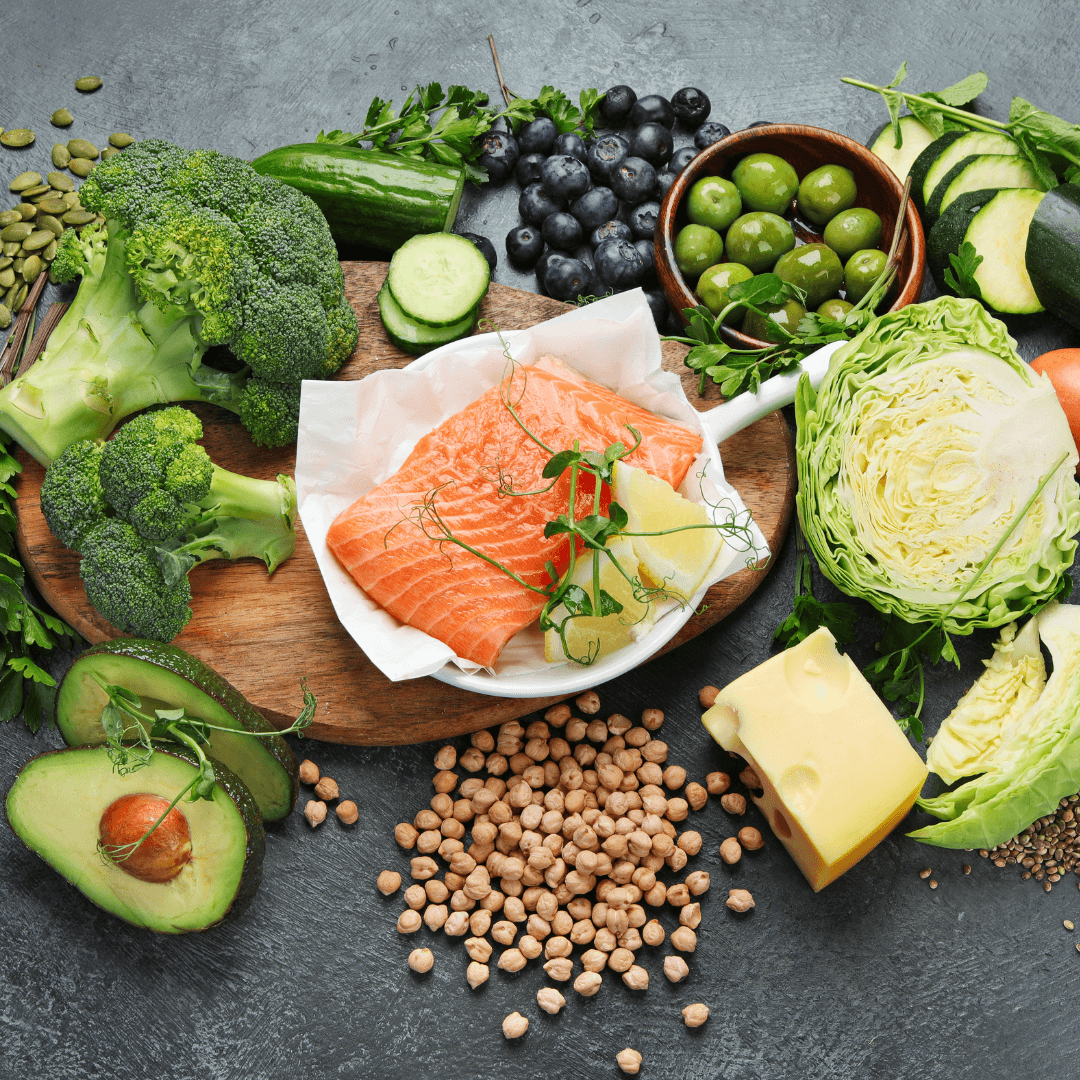
8. Semi-Vegetarianism
Semi-vegetarianism, or flexitarianism, adopts a flexible dietary stance incorporating periodic consumption of meat, poultry, or fish while predominantly emphasizing plant-based foods.
This approach enables individuals to gradually decrease their intake of animal products without entirely excluding them from their diet.
Flexitarians prioritize plant-derived foods for most meals, incorporating occasional animal products based on personal preference or situational factors.
This flexible dietary pattern allows individuals to adjust their consumption of animal products according to their health goals, ethical considerations, and culinary preferences.
Semi-vegetarianism provides a practical and adaptable approach to dietary habits, allowing individuals to balance the health benefits of plant-based eating and the occasional enjoyment of animal-derived foods.
9. Culturally Specific Veganism
Certain cultures adhere to diets predominantly composed of plant-based foods yet occasionally integrate minimal animal products for cultural or ceremonial significance.
This form of veganism is culturally specific, reflecting traditional dietary practices deeply rooted in cultural heritage and customs.
While the primary focus remains on plant-derived foods, limited animal products serve symbolic, ceremonial, or celebratory purposes within the cultural framework.
This dietary approach underscores the intersection of food, tradition, and cultural identity, highlighting how cultural values and practices influence nutritional choices.
Culturally specific veganism acknowledges the cultural significance of food while embracing plant-based principles, offering a nuanced perspective on veganism that respects cultural heritage and traditions.

10. Religious Specific Veganism
Certain religious dietary practices, such as those observed in Jainism or Buddhism, promote vegetarianism or impose specific dietary restrictions based on religious beliefs.
For instance, to cause as little harm as possible to living things, adherents of Jainism follow a strict vegetarian diet that forbids the consumption of root vegetables and several other foods.
Similarly, some Buddhist traditions advocate vegetarianism to cultivate compassion and non-violence towards all sentient beings.
Religious-specific veganism reflects a deep-seated connection between spiritual beliefs and dietary choices, emphasizing the importance of ethical considerations and mindfulness in food consumption.
Following these nutritional recommendations helps people eat consistent with their religious beliefs, promoting spiritual development and environmental balance.
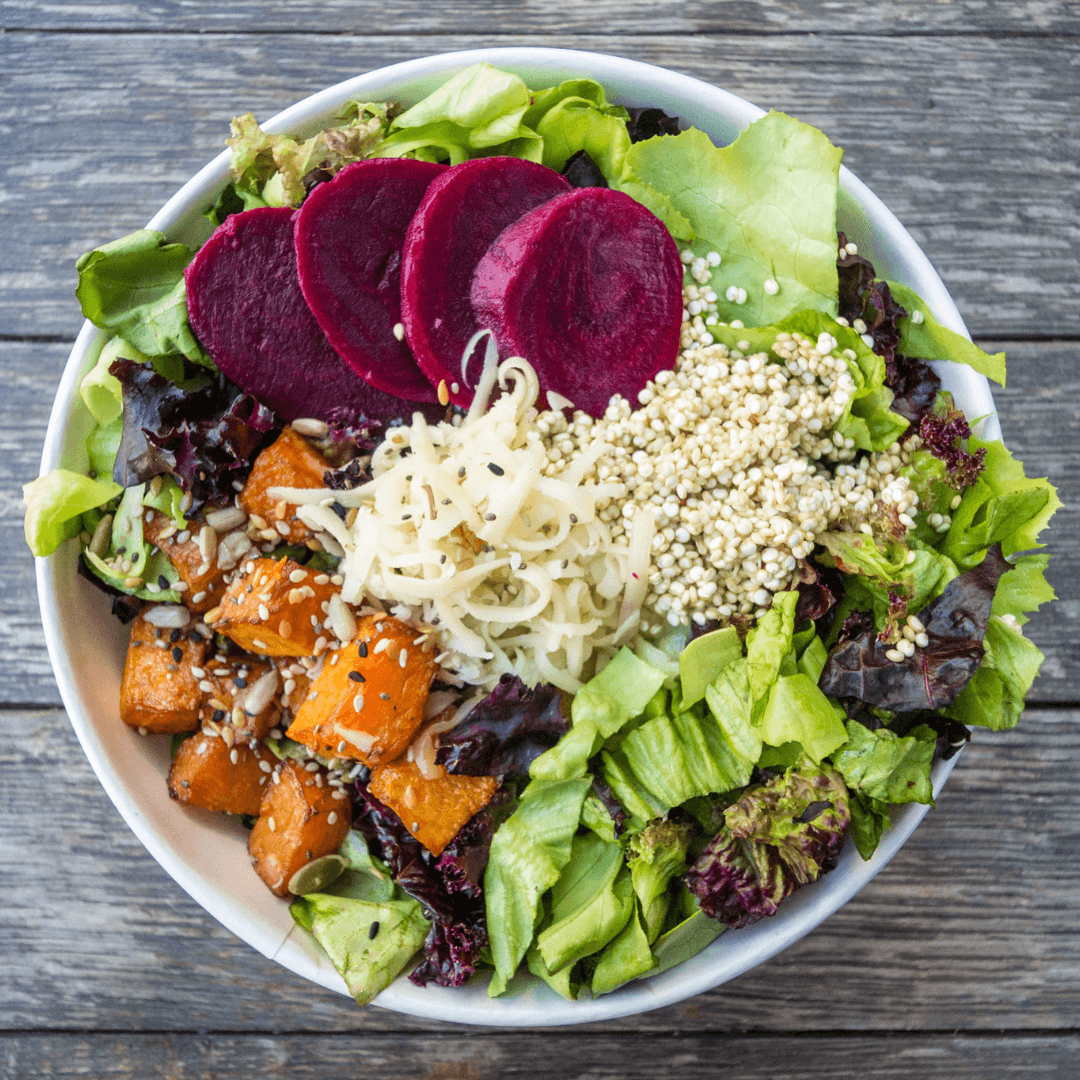
How To Choose A Vegetarian Diet
Choosing a vegetarian diet involves careful consideration of personal preferences, health goals, ethical beliefs, and nutritional needs. Here are some steps to guide you in making this dietary transition:
1. Educate Yourself
Research different types of vegetarian diets to understand their principles, benefits, and potential challenges.
By exploring diets such as lacto-vegetarianism, ovo-vegetarianism, and others, individuals can uncover each approach's specific dietary restrictions and inclusions.
Understanding the principles behind these diets helps individuals identify which best aligns with their health goals, ethical considerations, and lifestyle preferences.
Additionally, being aware of the potential benefits and challenges associated with each type of vegetarian diet enables individuals to make informed decisions and successfully navigate their journey toward adopting a vegetarian lifestyle.

2. Assess Your Motivations
Assessing your motivations involves reflecting on why you're opting for a vegetarian diet.
Whether driven by health concerns, ethical considerations regarding animal welfare, environmental sustainability, or cultural and religious beliefs, understanding these motivations fosters commitment to dietary choices.
For instance, health-conscious individuals may aim to improve cholesterol levels or manage weight, while those concerned about animal welfare seek to reduce animal harm.
Similarly, environmental advocates prioritize minimizing their carbon footprint. This introspection strengthens your resolve and commitment to a vegetarian lifestyle.
3. Consult A Healthcare Professional
Consulting a healthcare professional before transitioning to a vegetarian diet is crucial for ensuring nutritional adequacy and overall well-being.
Registered dietitians or healthcare providers can offer personalized guidance tailored to individual dietary preferences and health considerations.
They assess nutritional requirements, identify potential deficiencies, and provide recommendations to ensure a balanced and nutrient-rich vegetarian diet.
This step mitigates the risk of nutrient deficiencies and supports optimal health outcomes, empowering individuals to make informed dietary decisions aligned with their health goals and preferences.

4. Start Gradually
Ease into a vegetarian diet by gradually reducing animal product intake while increasing plant-based foods.
This gradual transition makes your body more easily adjust to dietary changes. Slowly integrating more plant-based options into your meals will enable you to explore new ingredients, recipes, and flavours while giving your palate time to adjust.
This approach also reduces the likelihood of feeling overwhelmed and increases the possibility of long-term adherence to a vegetarian lifestyle.

5. Plan Your Meals
Meticulously plan your meals to ensure a balanced and diverse vegetarian diet. Include nutrient-dense foods, such as fruits, vegetables, whole grains, legumes, nuts, seeds, and plant-based protein sources, in your meal planning.
Use a variety of dishes and cooking techniques to maximize nutritional content while adding flavour and excitement.
Planning your meals ensures that you meet your dietary needs and helps you stay organized and prepared, reducing the likelihood of resorting to convenience foods or unhealthy choices.
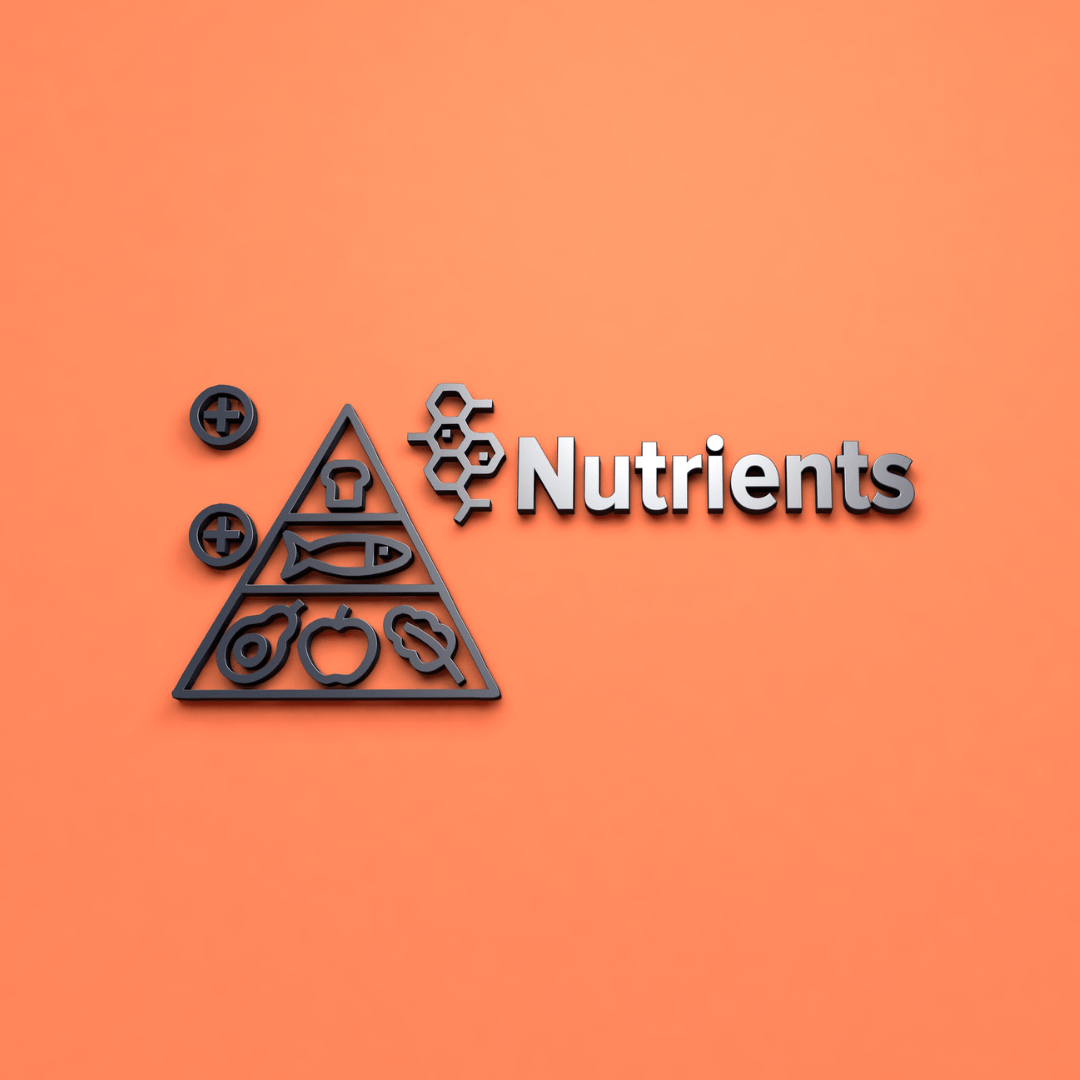
6. Be Mindful Of Nutrients
Be vigilant about obtaining essential nutrients typically abundant in animal products, including protein, iron, calcium, vitamin B12, omega-3 fatty acids, and zinc.
Prioritize incorporating plant-based sources of these nutrients, such as legumes, tofu, leafy greens, nuts, seeds, fortified plant milk, and algae-based supplements, to ensure adequate intake.
Furthermore, seek advice from a medical practitioner to ascertain whether supplementation is required to fill in any possible vitamin deficiencies and enhance your general well-being while following a vegetarian diet.
This mindful approach supports balanced and well-rounded dietary choices, promoting optimal health.

7. Listen To Your Body
Tune in to your body's signals and observe how it responds to the vegetarian diet. Note changes in energy levels, satiety, digestion, and overall well-being.
If you experience discomfort or deficiencies, consider adjusting your dietary choices, such as incorporating more protein-rich foods or ensuring adequate intake of essential nutrients.
Being attuned to your body's feedback allows you to tailor your vegetarian diet to meet your needs, ensuring you feel satisfied, energized, and healthy throughout your dietary journey.
8. Seek Support
When starting your vegetarian journey, getting support from other vegetarians and getting involved in local or online vegetarian communities can be a great way to acquire information, support, and direction.
Making friends with people who share your interests enables you to ask for help overcoming obstacles associated with embracing a vegetarian lifestyle, exchange recipe ideas, and share experiences.
Whether through online forums, social media groups, cooking classes, or local meet-ups, surrounding yourself with a supportive community can help you stay motivated, inspired, and informed throughout your transition to a vegetarian diet.

9. Address Potential Challenges
Recognize and anticipate potential challenges when transitioning to a vegetarian diet, such as navigating social situations, dining out, or attending family gatherings where vegetarian options may be limited.
Proactively devise strategies to overcome these challenges, such as researching vegetarian-friendly restaurants in advance, bringing a vegetarian dish to share at gatherings, or politely communicating your dietary preferences and needs to hosts or restaurant staff.
By addressing these challenges head-on and planning, you can feel more confident and empowered in maintaining your vegetarian lifestyle.
10. Stay Informed And Adaptable
Stay updated on nutrition, emerging vegetarian products, and dietary guidelines to ensure your vegetarian diet remains balanced and nutritious.
Continuously educate yourself on plant-based sources of essential nutrients and dietary recommendations to meet your nutritional needs effectively.
Remain receptive to adjusting your diet in response to changing preferences, lifestyle factors, and health requirements.
Flexibility and adaptability enable you to easily navigate dietary changes and challenges, ensuring a sustainable and enjoyable vegetarian lifestyle over the long term.
Conclusion
Finally, people considering switching to a plant-based diet must be thoroughly aware of many vegetarian dishes.
Every dietary strategy has its own set of principles, advantages, and disadvantages, ranging from lacto-vegetarianism to flexitarianism.
People can choose wisely and follow their ethical principles, cultural preferences, and health objectives by considering these possibilities and evaluating their reasons.
Additionally, planning meals, seeking support, and staying informed about nutrition are crucial steps in successfully transitioning to and maintaining a vegetarian diet.
Ultimately, choosing a vegetarian diet is a deeply personal journey that requires mindfulness, flexibility, and a commitment to overall well-being.
With careful consideration and support, individuals can embrace a vegetarian lifestyle that promotes health, compassion, and environmental sustainability.
I trust you enjoyed reading the article Understanding The Different Types Of Vegetarian Diets. Would you please stay tuned? More blog posts will be posted very shortly.
JeannetteZ
>>>Please click here to read my Vegan Travel Guides To World Destinations<<<
>>>Want To Learn How To Create Delicious, Cruelty-Free, Healthy AND 100% Vegan Meals? Try These Awesome Vegan Cooking Courses With A Free 7-DAY MEMBERSHIP<<<
Your Opinion Is Important To Me
Do you have thoughts, ideas, or questions? I would love to hear from you. Please leave me your questions, experience and remarks about Understanding The Different Types Of Vegetarian Diets in the comments section below. You can also reach me by email at Jeannette@LivingTheVeganLifestyle.org.
Disclosure
This post may contain affiliate links. I earn from qualifying purchases as an Amazon Associate and other affiliate programs. Please read my full disclosure.
You might also enjoy these blog posts:
Best Vegan Barbecue Foods For Your Next Cookout
Animal Rights vs Animal Welfare
Environmental Benefits Of A Plant-Based Diet

